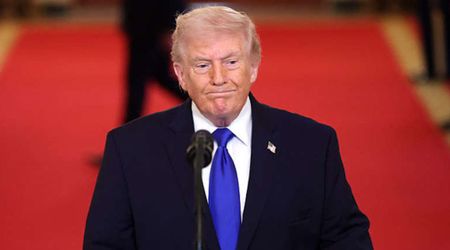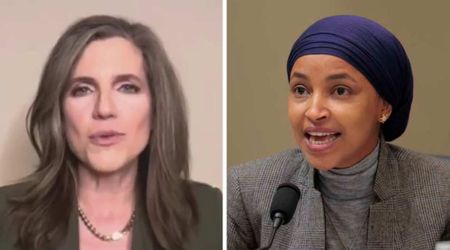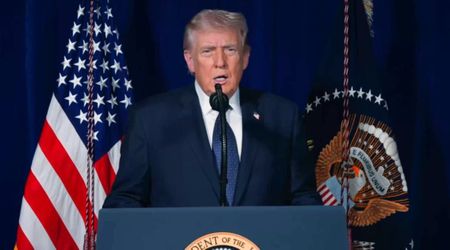5 key takeaways from Supreme Court hearing on FDA's regulation of abortion drug mifepristone
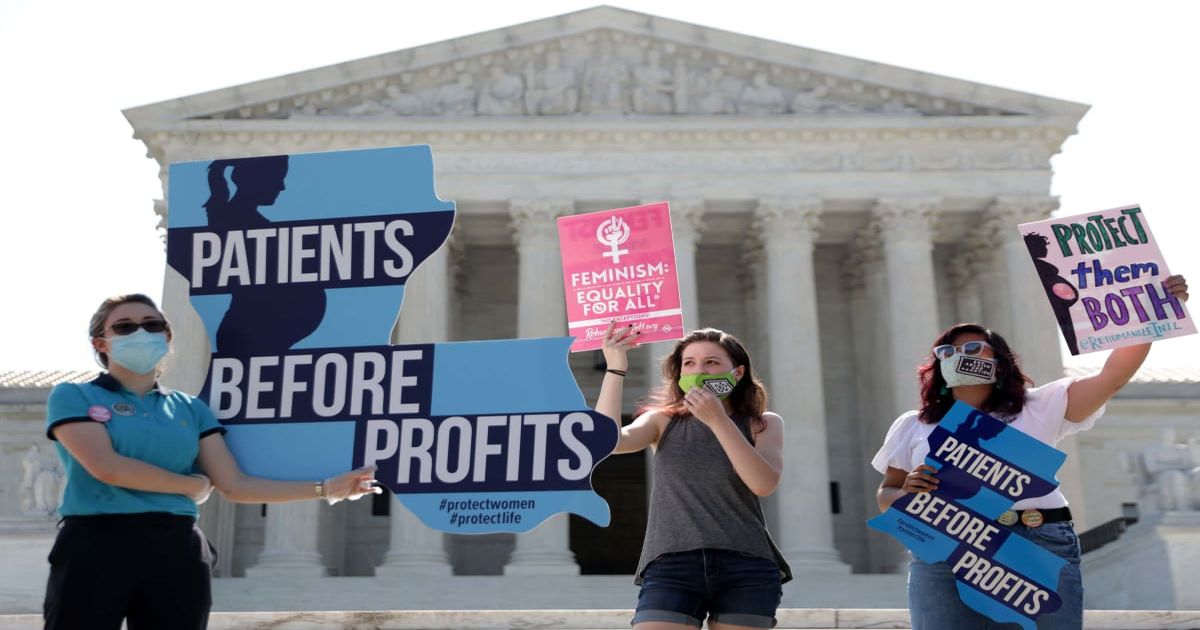
5 key points from Supreme Court questioning challenge on abortion pill mifepristone's access

A challenge to the Food and Drug Administration's (FDA) regulation of mifepristone, a drug commonly used in medication abortions, was heard by the US Supreme Court on March 26. Most of the justices, across ideological divides, seemed hesitant to restrict access to the abortion pill nationally in what was the most significant reproductive rights case the court had heard since its conservative majority overturned Roe v Wade in 2022. Here are five important points from SCOTUS' hearing of the abortion pill challenge:
1. SCOTUS debates whether the Alliance for Hippocratic Medicine had the right to file the challenge

The key point of contention throughout the hearings was whether the Alliance for Hippocratic Medicine, the plaintiffs in this action against abortion rights, had the right to file a lawsuit and, more particularly, if its clients had been harmed enough by the FDA regulation to qualify as legal challengers. Solicitor General Elizabeth Prelogar, representing the federal government, said in her opening statement, "The FDA approved mifepristone based on the agency's scientific judgment that the drug is safe and effective. Americans have used mifepristone to safely end their pregnancies. Respondents may not agree with that choice, but that doesn't give them ... standing or a legal basis to upend the regulatory scheme."
2. Anti-abortion doctors say they could be forced to treat patients having difficulties with abortions in the absence of a mifepristone injunction
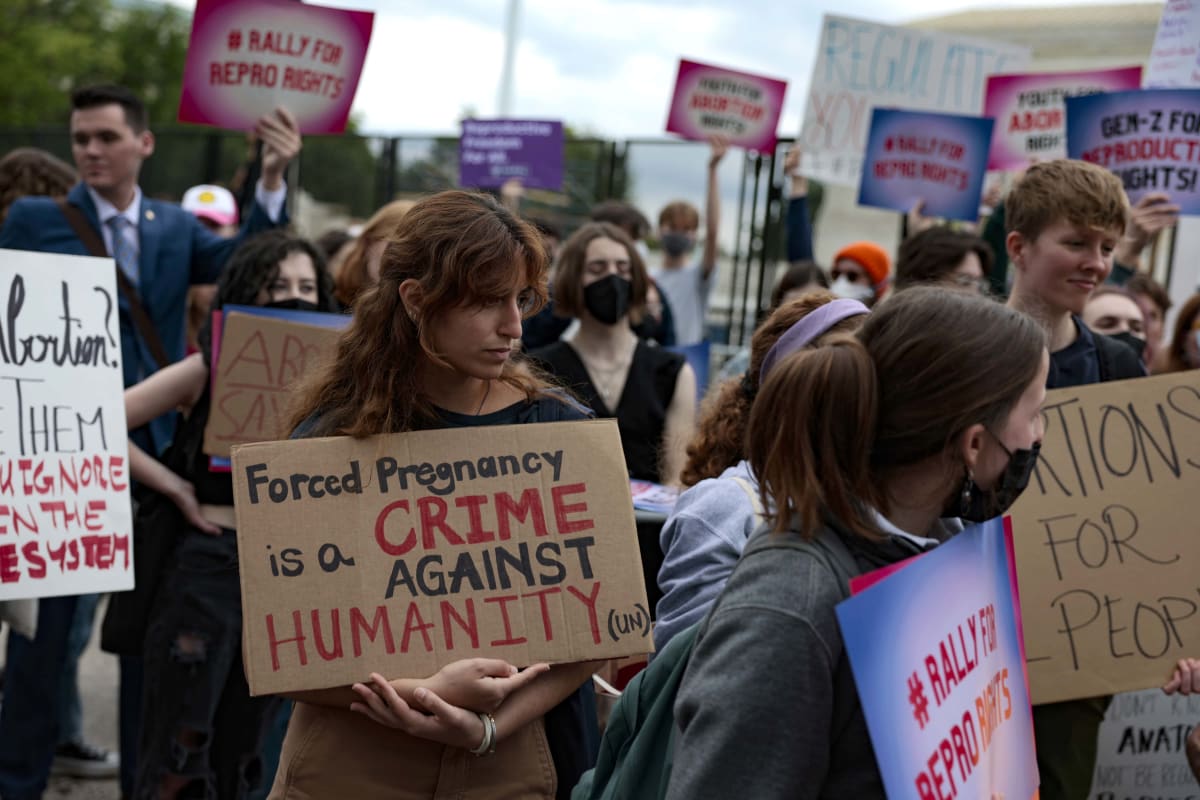
Senior Counsel Erin Hawley contended that in the absence of a national mifepristone injunction, anti-abortion physicians could be forced to treat patients who are having difficulties with abortions and "take an unborn life." Additionally, she raised the fear of an "intolerable" decision resulting from the widespread use of mifepristone regarding whether or not an anti-abortion physician would treat an abortion patient in an emergency.
3. Justices ask if it is necessary to have a sweeping ban

Several justices questioned whether a nationwide ban was actually required as Hawley expressed the anti-abortion plaintiffs' arguments. Justice Ketanji Brown Jackson asked Hawley, "Do we have to entertain your argument that no one in the world can have this drug in order to protect your client? It makes sense for individual doctors to seek a [conscience] exemption but they already have that." She added, "What they are asking for here is -- in order to prevent them from ever having to do these kinds of procedures -- that everyone else should be prevented from getting access to that medication. How is that not overbroad?"
4. Questions over FDA regulation and potential 'harms'
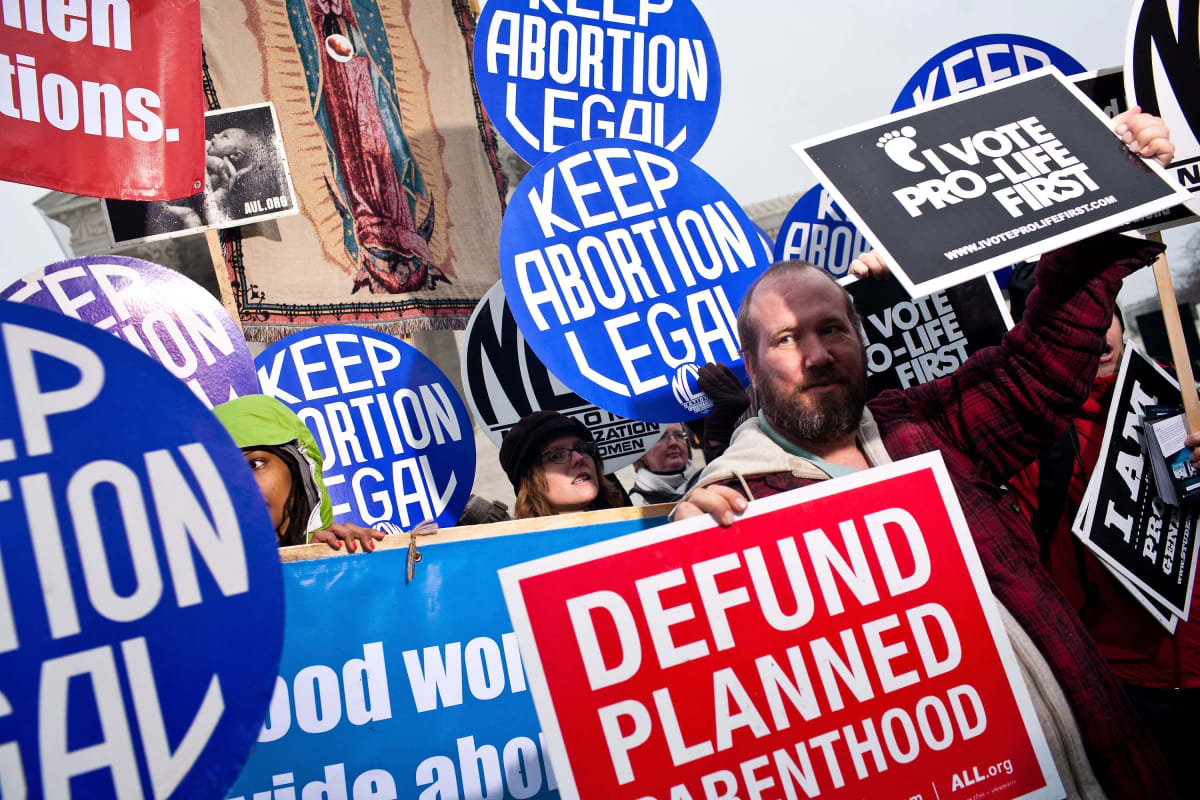
Prelogar and Jessica Ellsworth, who spoke for Danco Labs, the company that makes mifepristone, supported the FDA regulation and argued that it was safe. They also warned of wider ramifications for all drug approvals if the agency's expertise was, in their opinion, undermined or invalidated by the courts. Justice Samuel Alito informed Prelogar that the plaintiffs had said in court filings that research had demonstrated a rise in emergency room visits following the FDA's 2021 decision to permit the mailing of mifepristone. Prelogar replied that while some studies did show that the availability of abortion pills through post led to more visits to the ER, this did not equate to "more serious adverse effects."
5. Should FDA consider the Comstock Act?

Judges Clarence Thomas and Alito questioned attorneys many times over the applicability of the Comstock Act, a 151-year-old law that forbids sending "obscene" things, such as abortion-inducing drugs, via postal services like the US Postal Service. When Alito questioned whether the FDA should consider Comstock's provisions when regulating mifepristone, Prelogar said that she did not think the statute fit inside the "lane" of duties. Subsequently, Thomas asked Ellsworth why her company's ability to mail and advertise the medication was not prohibited by law. In response, Ellsworth stated that the Comstock Act had not been used for "over 100 years" and that she did not think the court had a chance to "opine" on the Act's applicability in this particular case.



